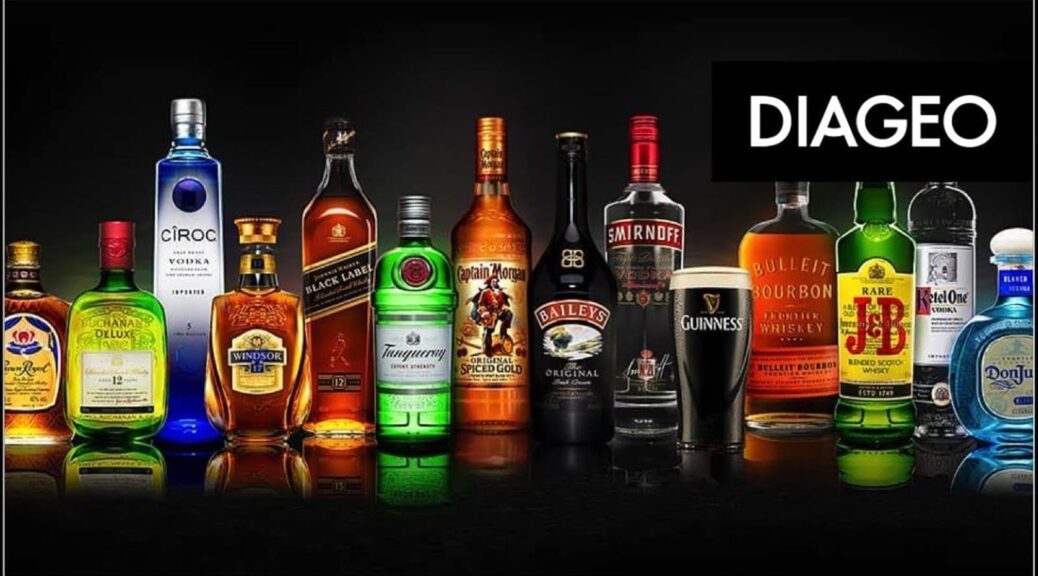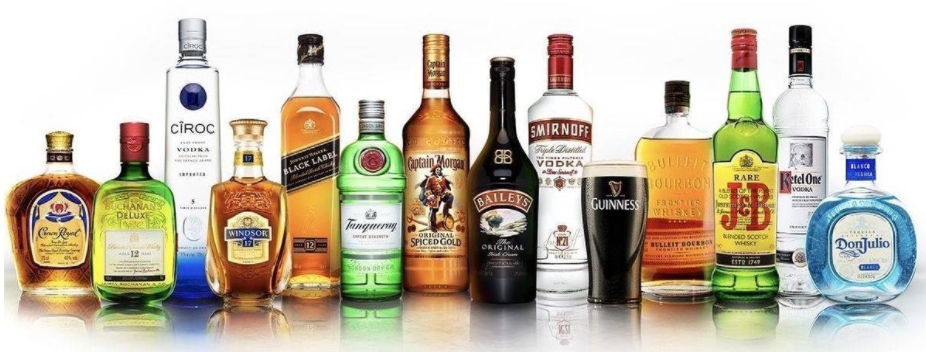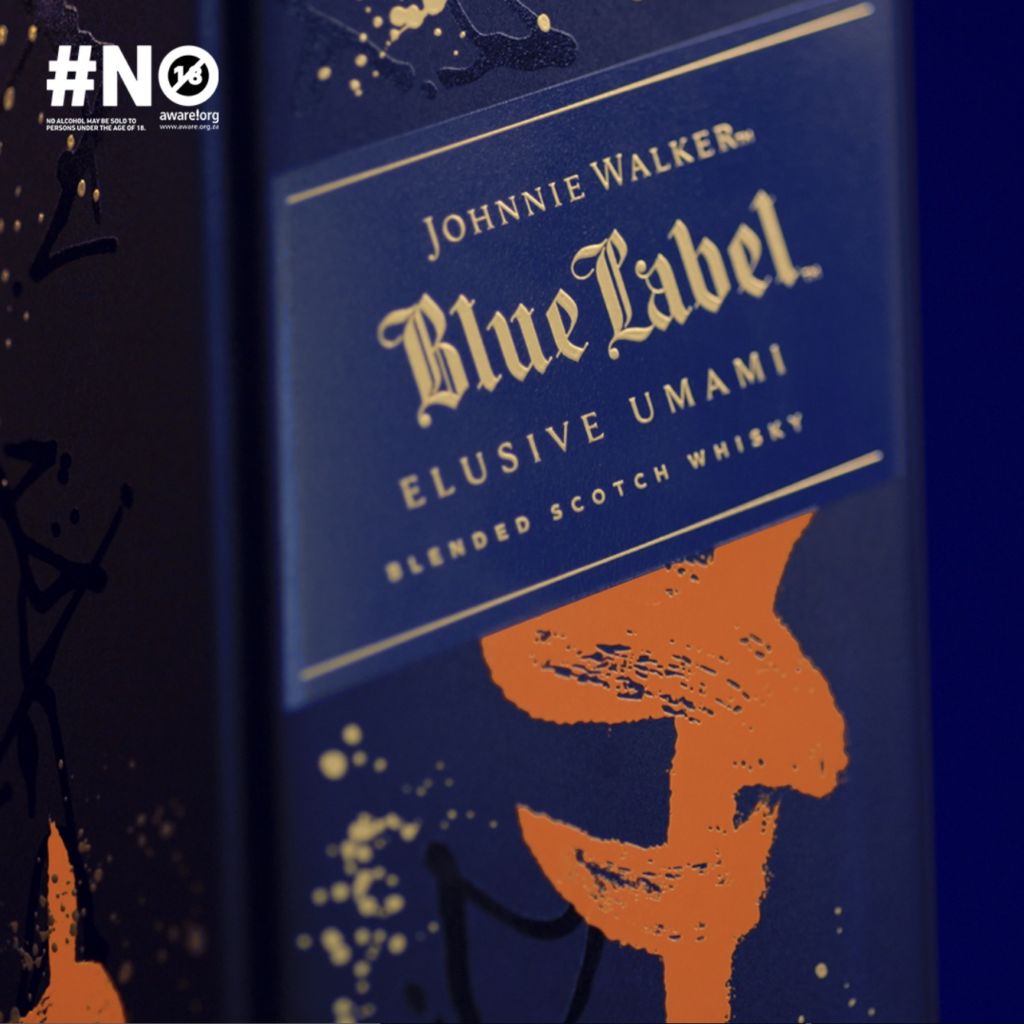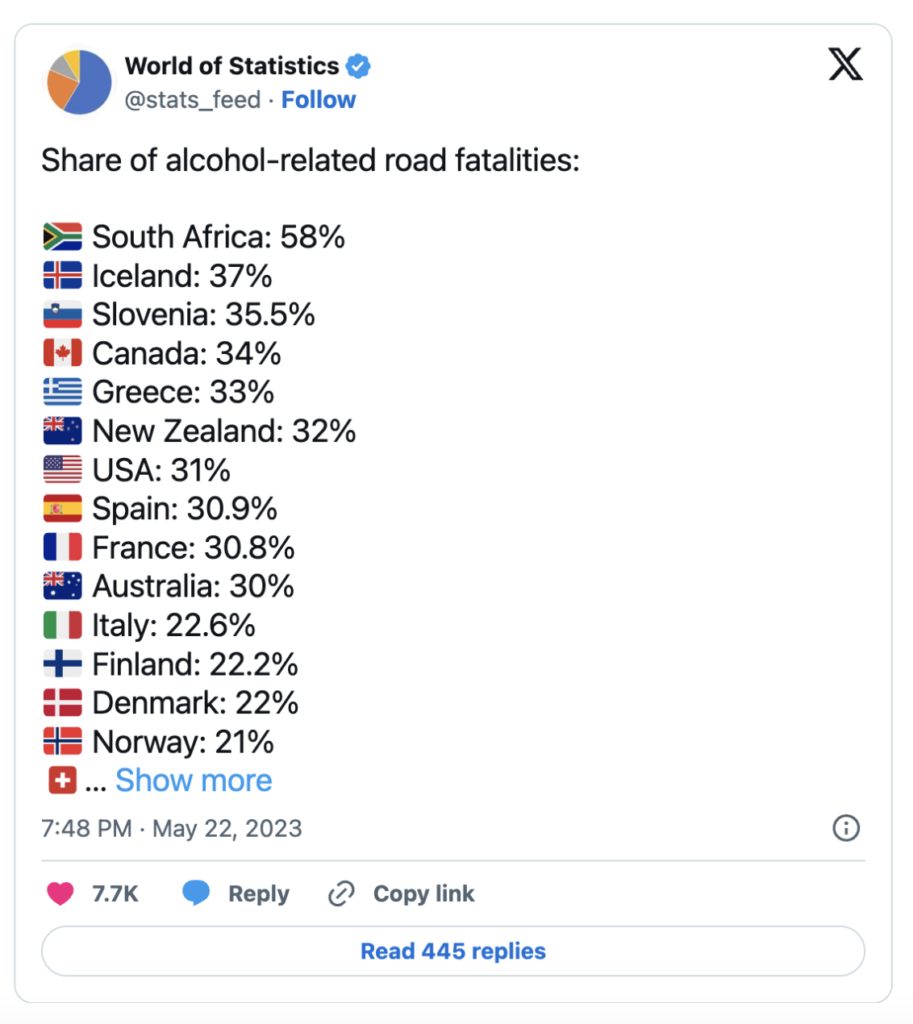
Crafting Excellence: Exploring Diageo’s Diverse Brand Portfolio and Stellar Reputation
Through my employment in the spirits trade, I am closely involved with the brand that is the subject of this blog. A typical liquor store has a wide variety of alcoholic items, and I was curious about how these businesses could survive, compete, and turn a profit in such a crowded market. This piqued my curiosity in the liquor sector. Typically, what you discover is that some of these brands are owned entirely or in part by larger companies.
Established in 1997, Diageo possesses a distinct company identity. Unless you are familiar with them, you will notice their brands before you even think about them. According to Bick et al. (2003), building a good reputation is done through corporate branding and corporate identity. Among the 200 brands under its corporate umbrella are some of the most popular spirits brands in South Africa which they are well known for, including Don Julio, Ciroc, Smirnoff, and Johnnie Walker.

Image source: https://glossary.wein.plus/diageo
Their vision is to ” provide products, tastes and experiences for people to enjoy as part of celebrations, big or small.”
“Our strategic priorities support the achievement of our ambition to be one of the best performing, most trusted and respected consumer products companies in the world. Through them, we deliver the strategic outcomes against which we measure our performance.”
Diageo has a reputation for distributing some of the most well-known alcohol brands worldwide. In the South African spirits industry, they are renowned for caring for their employees more than for their brand or range of products. These employees in turn care for their firm. This is demonstrated by the number of individuals who GLADLY quit their smaller businesses to work for Diageo..
Their brands are synonymous with a good time, a celebration, or an experience. From Ciroc, who had a partnership with well-known South African musician Cassper Nyovest, to Johnnie Walker, who has been the headline sponsor for Rocking the Daisies, a big South African festival, The thought of their brands or products sparks a sense of warmth.
Portfolio
With over 100 brands in their portfolio, they are committed to offering something to suit each taste and celebration.
With such a large selection of brands, it is important that Diageo prioritise brands based on data and experience of what works for each market.
Two examples of this are the ongoing prioritisation of Johnnie Walker which you would say is Diageos flagship offering/cash cow and the prioritisation of Don Julio over the past couple of years. There is currently a tequila boom with celebrities coming out with their own tequilas as well, so you cannot deny that Diageo is on the money by encouraging the Don Julio brand management team to push hard to gain and maintain relevance.
Trevor Branch, 2023, writes “The growth in popularity of tequila can be attributed to a number of factors, including the expansion of the premium spirits market, the introduction of new flavors, and a greater social media presence”
Diageo understands that some brands need to be small players until a time that they can play a bigger role. These brands still need to be kept alive because trends come and go and a boom in that brands category might be up next.
The beauty of a brand/product portfolio is that brands can use the synergies that grow between each other. Also, they can better recognize and take advantage of the potential of the individual brands and fill the gaps that exist, much easier.
There is a fine line however that cannot be blurred. It is much easier for brands to cannibalize each other when they come from one organization. Because of this, comes in the importance of working according to strategy usually developed by the CEO and upper management, with the influence of research, employees on the ground which in this case would be sales reps and what the competition is focusing on
Roles
There is a tactic organisations usually use in the liquor trade: more often than not, brands will make or acquire other brands with the aim of competing in the categories they do not operate in. This is so they can take market share from their competitors and maximise profits.
Brand acquisitions and the securing of distribution rights make it easier for organisations to compete and build on an already existing brand name without the liability of investing in the making of this brand. These are usually quite costly.
The change in brand positioning is something that the brand has to get right, though. Examples of this are the acquisition of Distell by Heineken, although this is a bit different because of the acquisition of the whole organisation and not just one brand or product. Acquisitions have to complement a brand portfolio.
Brand Management
Having multiple diverse brands under one organisation necessitates significant investment, both monetarily and in terms of human resources aligned with the organisation’s strategy.
A well-managed portfolio equals great profits for a company, whereas a poorly managed portfolio signals danger and may result in massive losses and the eventual failure of specific businesses. Finding the right roles for each brand is one of the biggest obstacles in managing a brand portfolio; for this reason, managing a brand portfolio requires a solid top-down strategy.
Diageo understands the roles that each brand performs and employs the following strategies to keep their brands alive:
Contexts: Diageo’s robust research team drives strategic decisions, ensuring brand suitability for different contexts and adapting brands as needed.
Maintaining relevance: To sustain success amid evolving consumer trends, Diageo prioritizes consumer experiences. This is crucial as market dynamics shift and new competitors emerge, necessitating ongoing relevance. Diageo achieves this through impactful social media, engaging events, responsible drinking advocacy, and effective advertising.
Ethics & Sustainability: To promote responsible drinking, liquor brands must display a no-under-18 sign on all their communication. The South African Medical Research Journal has conducted extensive studies on alcohol usage in South Africa, highlighting the importance of ethical marketing for brands.

Image source: Johnnie Walker SA
A specific study revealed the alarming number of fatalities due to alcohol intoxication, underscoring the need for responsible marketing practices within the industry.

Image source: World of Statistics
To promote responsible consumption, the brand has curated experiences where consumers can fully enjoy their offerings in a controlled environment. These events emphasize that fun isn’t solely about excessive drinking. Additionally, the brand partners with transportation companies to promote safe driving at these gatherings.
This approach aligns with South Africa’s efforts to encourage responsible alcohol consumption, addressing the injuries and fatalities associated with it. By fostering an environment of mindful enjoyment, the brand ensures that consumers can savor their products without disregarding the impacts of alcohol on communities.
The company aims to achieve net-zero carbon emissions across its operations and supply chain by 2030 and has invested in renewable energy, water stewardship programs, and eco-friendly packaging. You can read more about it here: Click to read.
In conclusion: Keys to success.
The keys to to the kingdom lie in the below:.
Innovation and Adaptability: The customer reigns supreme, and Diageo must embrace evolving preferences without losing their identity as trendsetters.
Stakeholder Engagement: Consistent interaction with customers, employees, investors, and regulators is vital for staying proactive and informed.
Avoiding negatively, Ethical Sourcing & Sustainability: Diageo must ensure ethical production practices to avoid negative attention. Transparency in sourcing and sustainability efforts is crucial, as any ethical lapses can lead to damaging scandals.
References
Diageo
https://www.diageo.com/
Dimis
Branch T, 2023, Why is Tequila So Hot Right Now?, Dimensional insight,
https://www.dimins.com/blog/2023/02/14/why-tequila-hot-right-now/
South African Medical Research Council, August 2020
https://www.samrc.ac.za/news/creating-safer-drinking-environment
South African Medical Research Journal
http://www.samj.org.za/index.php/samj/search/search